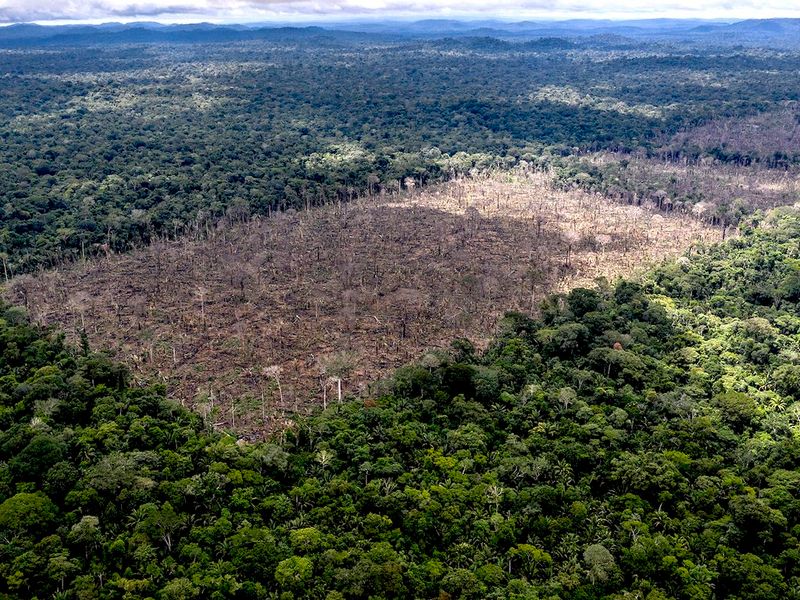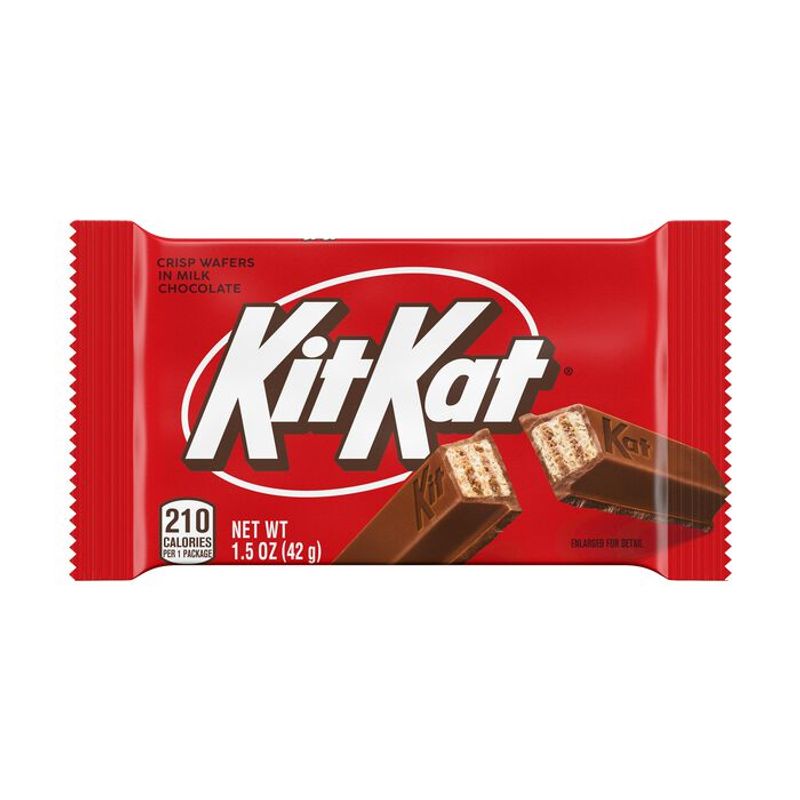In 2025, KitKat, one of the world’s most iconic and beloved chocolate brands produced by Nestlé, is facing a widespread boycott. Once a staple in lunchboxes and candy aisles across the U.S., KitKat is now grappling with mounting criticism and public backlash. Here’s why this legendary chocolate bar is losing the trust of consumers.
Unsustainable Cocoa Sourcing

Amid growing environmental awareness, KitKat’s cocoa sourcing practices have come under fire. Investigations revealed links to widespread deforestation in tropical regions, notably in areas inhabited by Indigenous communities, including West Papua. These practices have led to the destruction of rainforests and significant biodiversity loss.
Environmental groups have accused Nestlé of contributing to ecocide through palm oil and cocoa supply chains. The failure to source ingredients sustainably has triggered outrage among climate-conscious consumers, who are now calling for a more responsible approach to ingredient sourcing.
Despite past promises to improve sustainability, KitKat’s ongoing environmental impact has severely damaged its reputation, pushing many former fans to support the boycott.
Unethical Labor Practices

KitKat has also been caught in controversy over child labor and unethical working conditions. Reports from West Africa allege that children as young as 12 have been found working on farms linked to Nestlé’s cocoa supply.
These allegations have drawn heavy criticism from human rights organizations and consumer watchdogs. While Nestlé has issued statements claiming to address these concerns, many argue the company has done too little, too late.
As public awareness grows, so does demand for fair trade certification and labor transparency. KitKat’s perceived inaction has made it a target for socially conscious consumers who refuse to support brands profiting from exploitation.
Health Concerns Over Ingredients

Beyond ethics, health concerns have contributed to KitKat’s decline in popularity. Nutritionists have highlighted the high levels of added sugars, emulsifiers, and artificial flavorings in KitKat bars — ingredients linked to various health risks, particularly in children.
Health-conscious parents have become especially wary of including KitKat in their households. The brand’s resistance to reformulating its recipe or offering healthier alternatives has alienated a significant portion of its customer base.
In a market increasingly focused on wellness and clean labels, KitKat’s outdated formula is no longer aligned with modern consumer expectations.
Misleading Advertising Campaigns

KitKat’s marketing strategies have also been called into question. While the brand has long positioned itself as a fun and indulgent treat, recent campaigns have made exaggerated health-related claims, misleading some consumers about the product’s nutritional profile.
Legal challenges over false advertising have further damaged public trust. Consumers now demand honesty and transparency — qualities they feel KitKat’s recent messaging has lacked. As a result, skepticism about the brand’s integrity continues to grow.
Lack of Corporate Social Responsibility

In an era where consumers expect companies to do more than just turn a profit, KitKat’s lack of social engagement and community investment stands out. Critics argue that the brand has failed to take meaningful action on key social and environmental issues, including racial equity, sustainability, and support for underserved communities.
While competitors have embraced philanthropic initiatives and progressive policies, KitKat’s silence on these matters has not gone unnoticed. The perception that the brand is indifferent to modern social values has only fueled the momentum of the boycott.
What was once a globally adored snack has become a symbol of corporate irresponsibility. From environmental damage and labor exploitation to health risks and deceptive marketing, KitKat is facing a multifaceted backlash in 2025.
The boycott is not just about chocolate — it’s a reflection of changing consumer priorities, where values like ethics, sustainability, and transparency matter more than ever.
Leave a comment